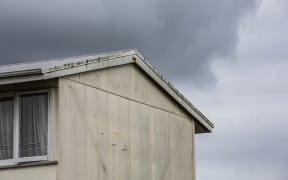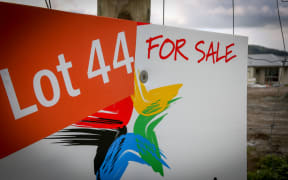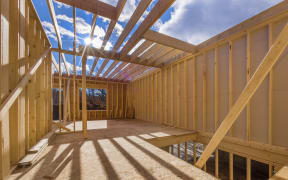The option of large scale government-built housing should be put back on the table, a business lobbyist says.
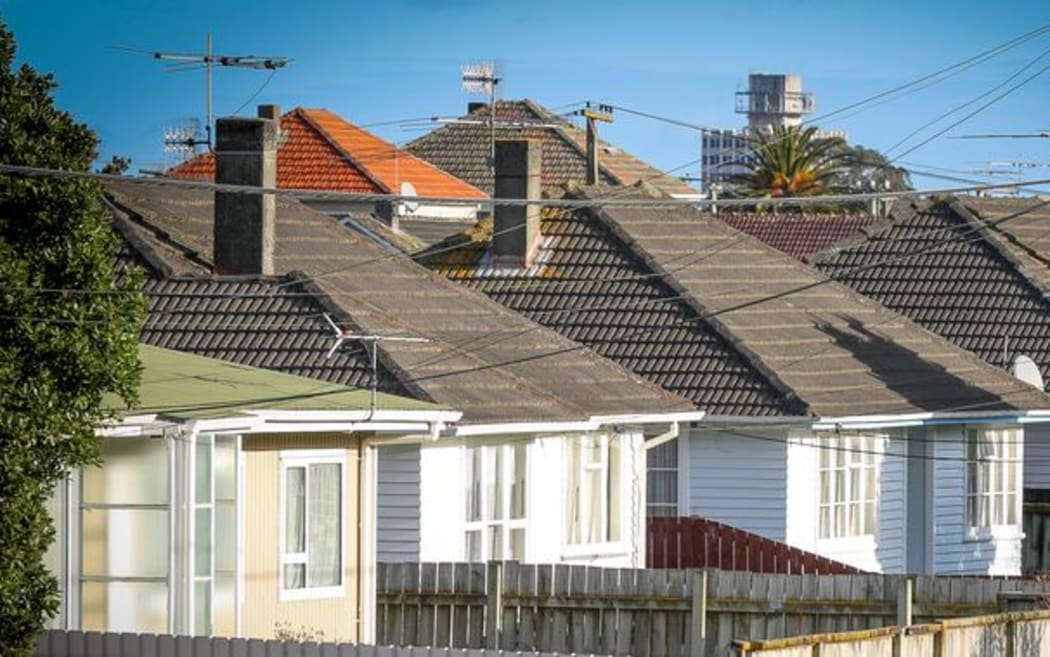
Photo: RNZ / Alexander Robertson
Northern Employers and Manufacturers Association chief executive Kim Campbell said the government's current plans were not working.
Mr Campbell said Aucklanders with homes and good jobs were doing better than ever but others were missing out badly, unable to afford the region's high house prices.
"Clearly at the bottom end there needs to be something done. We have had 50 to 60 years (of doing it) and suddenly we've decided there isn't a need, and one wonders. Whatever is happening now is not working."
Houses are increasingly out of reach for many, with Auckland prices now nine times above average incomes, while unemployment of 6.6 percent is higher than the national average of 5.7 percent.
Council of Trade Unions (CTU) president Richard Wagstaff agrees that a government solution is the answer.

Richard Wagstaff Photo: Supplied
"The state has access to cheaper capital than anybody else. The state is the ambulance at the bottom of the cliff when all the stuff goes wrong. It's a good investment and it actually creates employment, creates shelter. It puts people first."
The Labour Party has long called for the government to step in and build houses in Auckland, and alleviate the worsening crisis.
The National-led coalition has rejected that in favour of less restrictive planning rules, special housing areas and Auckland Council's yet-to-be decided Unitary Plan to deliver the houses needed to satisfy demand.
Mr Campbell said outdated planning laws needed to be scrapped as well.
"You can't get things done fast enough, and it's not just the Resource Management Act, (although) it's crazy, adds far too much cost."
Gridlock on Auckland's roads is another headache, hindering growth.
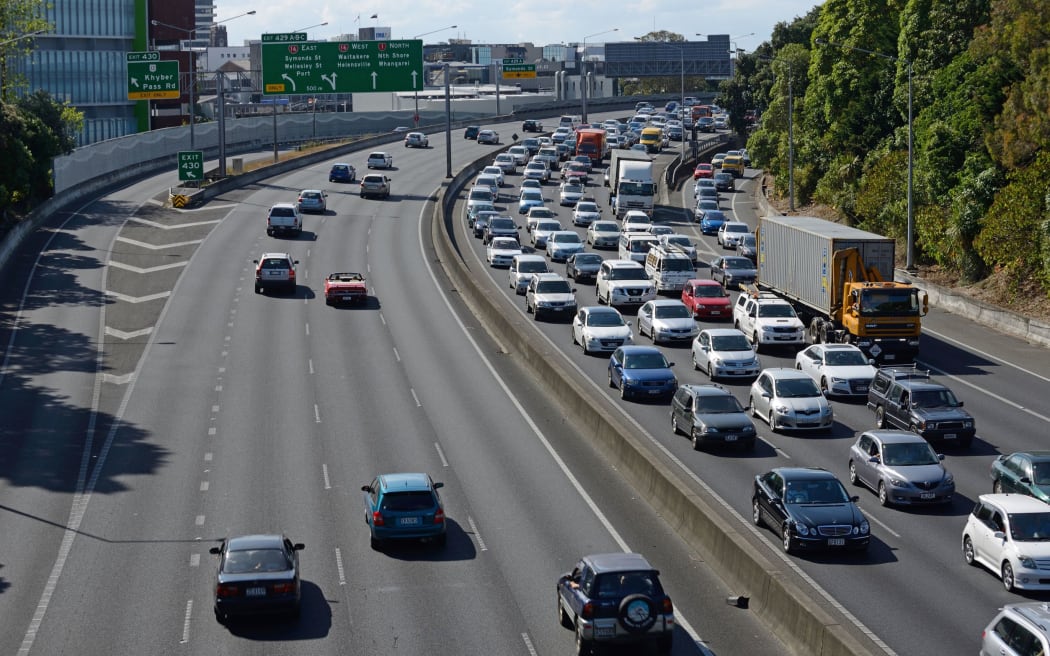
Photo: 123rf.com
While the government is spending billions of dollars to free up traffic, the managing director of Mainfreight, Don Braid, said more could be done to move people and freight using rail.
"With good, efficient rail passenger services we could move more people in and out of the city rather than worrying about the congestion.
"(And) being able to use more rail off the wharf than road would get some of our vehicles out of that congested mess in the central city."
Some argue the congestion is a sign of success, as Auckland continues to attract more people, both from within New Zealand and overseas.
But independent economic commentator Michael Riddell disagrees.
Auckland economy 'could do better'
While Auckland is more than a third of economic activity, Mr Reddell said the evidence showed Auckland's economy had underperformed, with average incomes shrinking from 25 percent above the rest of the country in 2000 to 14 percent above last year.
"So, 30 percent population growth during that period. What we seem to have done is just focus the energies there on accommodating that rapid growth in population and we haven't seen the growth in productivity.
"And that's really unusual. If you look internationally, the big cities in most northern European countries have much higher incomes relative to the rest of their countries, and those margins have been increasing."
While cheaper air travel and faster internet access make Auckland more accessible, Mr Reddell said the city's remoteness still works against it.
He said high value technology firms were more than likely to move closer to their key markets in North America or Asia eventually.
He also pointed out that much of New Zealand's wealth is created in the primary sector, which does not need many people to develop it.
Mr Reddell said unchecked immigration has made it harder for Aucklanders to get ahead, and he would like to see limits of about 15,000 people a year.
The CTU's Richard Wagstaff said Auckland's growing pains could have been eased by the government investing more in the regions.
"They could have done more to encourage regional growth in other parts of the country and take the pressure off Auckland. They could have encouraged more investment in infrastructural areas, and in fact, they could've invested themselves a lot more."

